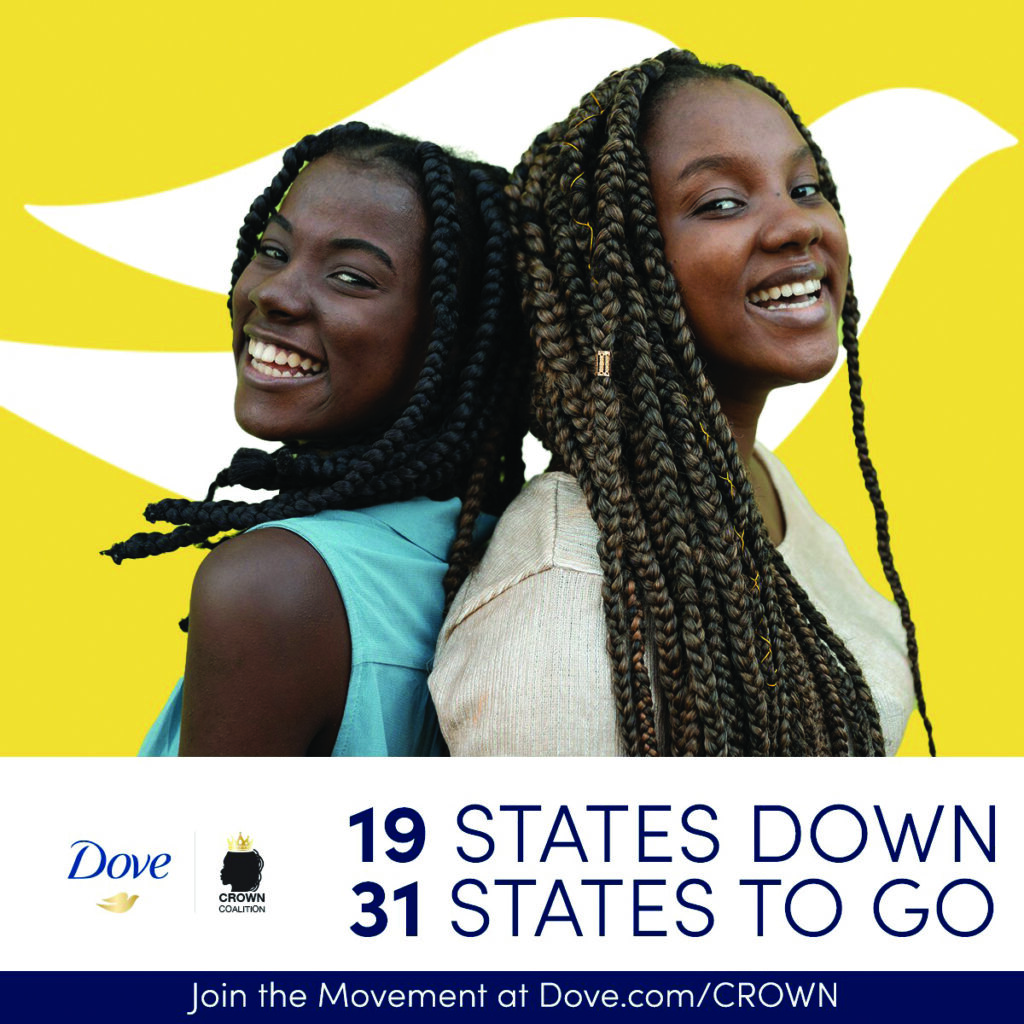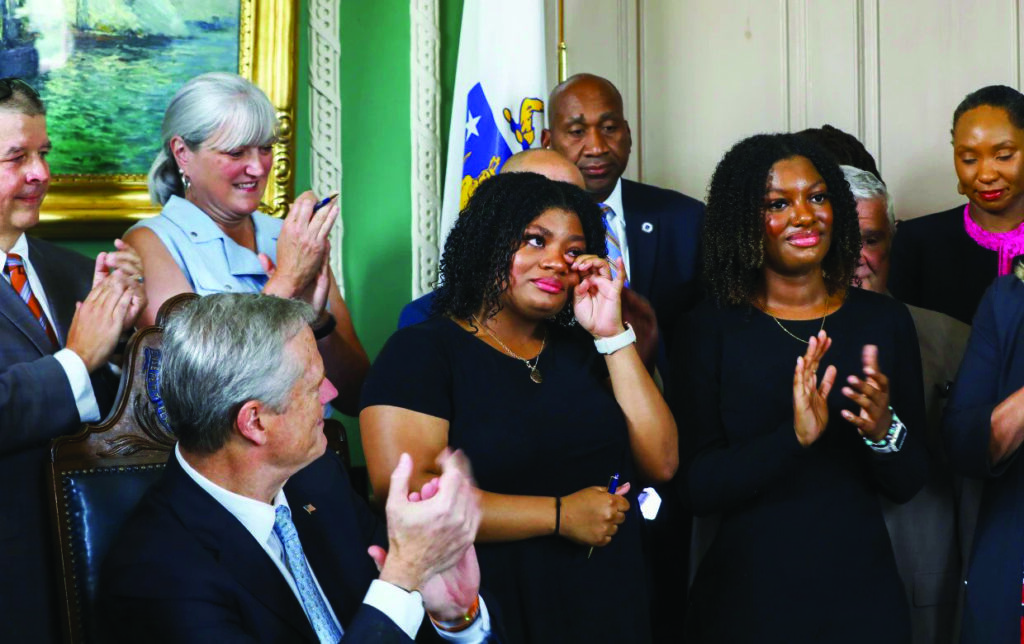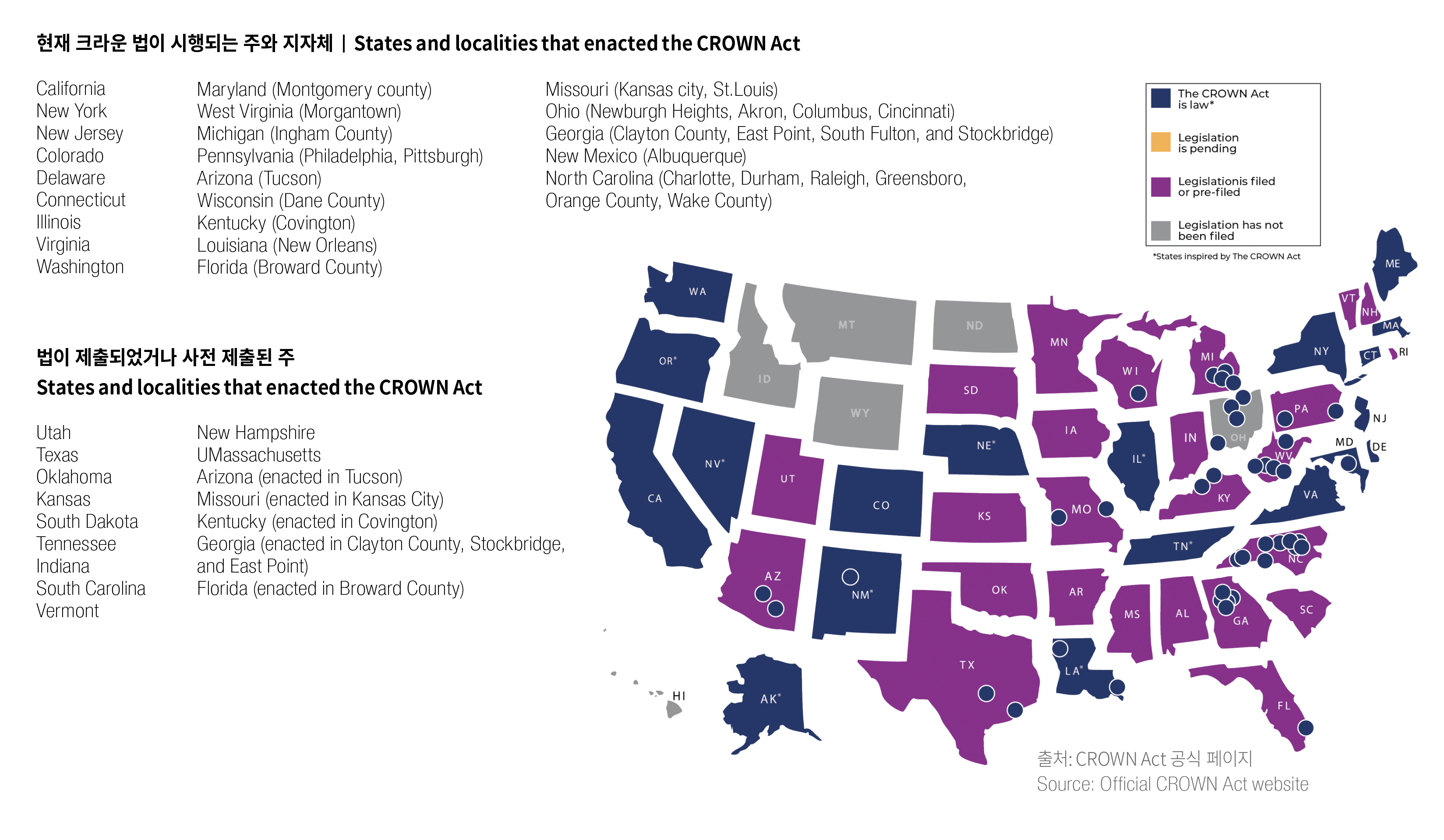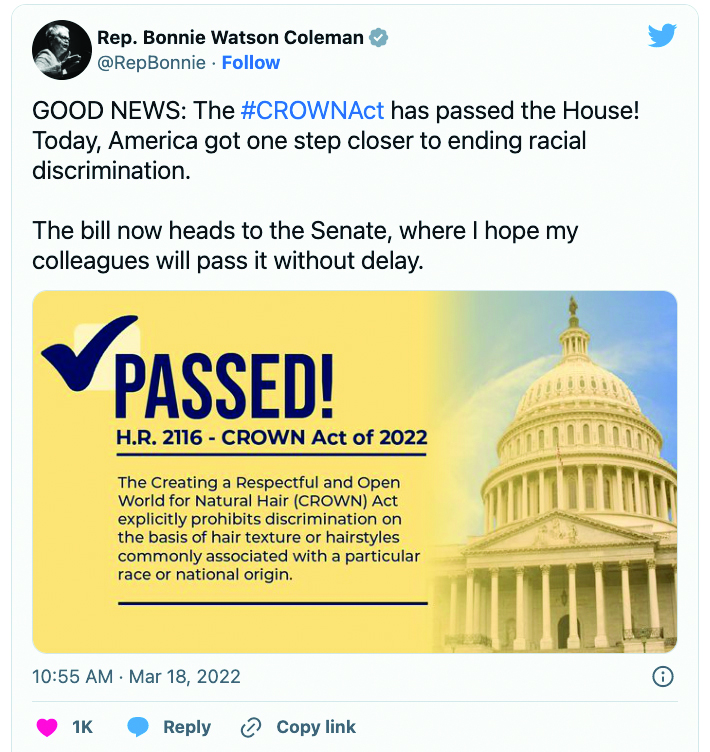CROWN Act to stop discrimination based on hairstyle
Signed into law in 19 states, passed the U.S. House of Representative
BNB Magazine has briefly covered the Creating a Respectful and Open World for Natural Hair Act, or CROWN Act, in the 2020 February issue. The CROWN Act prohibits discrimination based on hair style and texture or “protective hair style” with respect to employment and education. When BNB covered the story three years ago, the Act was only passed in three states, including New York, California, and New Jersey, but as of now in 2023, 19 states and 40 local governments have enacted it into law, and last year, the U.S. House passed it as H.R.2116 and sent it to the Senate. Also, the increased interest in diversity, equity and inclusion in the past years will likely accelerate wage equity, diversity in board members, racial discrimination and religious inclusion.

Source: Official CROWN Act website
What does the Crown Act mean for its supporters?
Title VII of 1964 Civil Rights Act prohibits racial discrimination, but the CROWN Act additionally protects all ethnic natural hair styles such as locs, cornrows, twists, braids, Bantu knots, and Afros in workplace and K-12 public schools.
According to a 2019 survey by the CROWN Coalition, 80% of Black women believed they needed to change their hairstyle to get a job, and Black hairstyles are three times more likely to be perceived as unprofessional. The same institution conducted a survey on Black girls in 2021 and found that 53% of them experienced discrimination based on hairstyle as early as at the age of 5 and 86% of them experienced it by the age of 12. Discrimination based on hairstyles has a negative impact on Black children’s self-esteem, and the impact lingers on their adulthood.
Esi Eggleston Bracey, a co-founder of the CROWN Coalition and the CEO of Unilever, says “many people are unaware of discrimination of hairstyle based on race. And the CROWN Act will stop the rising trend of discrimination against Black students and workers based on hairstyle.”
Deanna Cook, a twin sister, is wiping her tears beside former Massachusetts Governor Charlie Baker, Republican, signing the CROWN Act into law. The twin sisters faced suspension from a Mystic Valley school in 2017 after wearing braids which were against the school’s policy at the time. Massachusetts became the 18th state to enact the CROWN Act.

@nbcnews
Progress of CROWN Act

CROWN Act’s likelihood of becoming a federal law
On March 18, 2022, the CROWN Act passed the House. If it passes the Senate and is signed by the President, discrimination against natural hairstyles based on race will be prohibited at the federal level.
Democratic-led House passed the federal version of the CROWN Act in 2022 by vote of 235-189 with 14 Republican representatives joining the Democratic party to pass the bill. The future of the CROWN Act in the 50-50 Senate is to be seen.
The House bill was sponsored by Bonnie Watson Coleman who stated that natural Black hair is perceived unprofessional simply because it does not conform with the White beauty standard, and discrimination against Black hairstyle is discrimination against Black people.
Republicans who oppose the bill argue that the Congress should focus on other issues such as inflation and high gas prices when such discrimination is already covered by the federal law. At the same time, the Biden administration is strongly supporting the CROWN Act and collaborating with the Congress for enactment and effective implementation of the Act.

Source: U.S. Representative Bonnie Watson Coleman Twitter @Bonnie4Congress